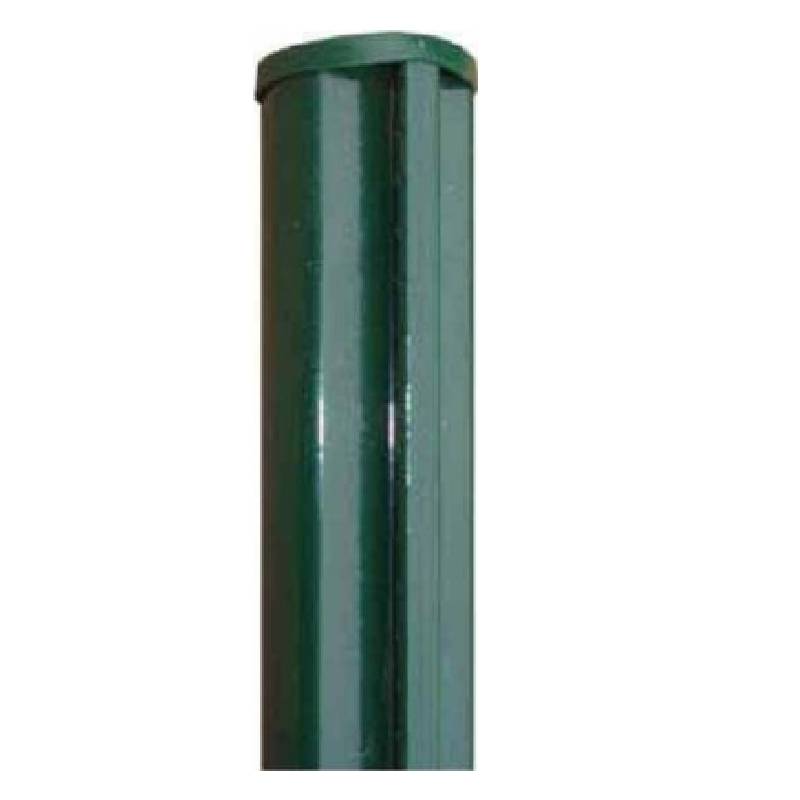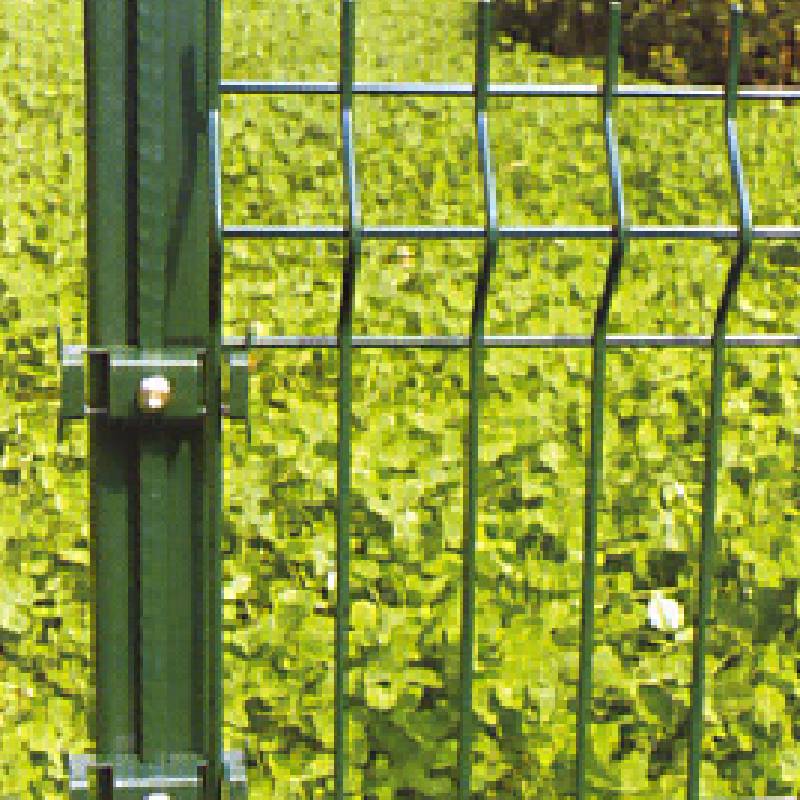-
Email:zhao@hyliec.cn
-
Tel:+86 311 85273988
-
WhatsAPP:8613931128750
-
 Afrikaans
Afrikaans -
 Albanian
Albanian -
 Amharic
Amharic -
 Arabic
Arabic -
 Armenian
Armenian -
 Azerbaijani
Azerbaijani -
 Basque
Basque -
 Belarusian
Belarusian -
 Bengali
Bengali -
 Bosnian
Bosnian -
 Bulgarian
Bulgarian -
 Catalan
Catalan -
 Cebuano
Cebuano -
 Corsican
Corsican -
 Croatian
Croatian -
 Czech
Czech -
 Danish
Danish -
 Dutch
Dutch -
 English
English -
 Esperanto
Esperanto -
 Estonian
Estonian -
 Finnish
Finnish -
 French
French -
 Frisian
Frisian -
 Galician
Galician -
 Georgian
Georgian -
 German
German -
 Greek
Greek -
 Gujarati
Gujarati -
 Haitian Creole
Haitian Creole -
 hausa
hausa -
 hawaiian
hawaiian -
 Hebrew
Hebrew -
 Hindi
Hindi -
 Miao
Miao -
 Hungarian
Hungarian -
 Icelandic
Icelandic -
 igbo
igbo -
 Indonesian
Indonesian -
 irish
irish -
 Italian
Italian -
 Japanese
Japanese -
 Javanese
Javanese -
 Kannada
Kannada -
 kazakh
kazakh -
 Khmer
Khmer -
 Rwandese
Rwandese -
 Korean
Korean -
 Kurdish
Kurdish -
 Kyrgyz
Kyrgyz -
 Lao
Lao -
 Latin
Latin -
 Latvian
Latvian -
 Lithuanian
Lithuanian -
 Luxembourgish
Luxembourgish -
 Macedonian
Macedonian -
 Malgashi
Malgashi -
 Malay
Malay -
 Malayalam
Malayalam -
 Maltese
Maltese -
 Maori
Maori -
 Marathi
Marathi -
 Mongolian
Mongolian -
 Myanmar
Myanmar -
 Nepali
Nepali -
 Norwegian
Norwegian -
 Norwegian
Norwegian -
 Occitan
Occitan -
 Pashto
Pashto -
 Persian
Persian -
 Polish
Polish -
 Portuguese
Portuguese -
 Punjabi
Punjabi -
 Romanian
Romanian -
 Russian
Russian -
 Samoan
Samoan -
 Scottish Gaelic
Scottish Gaelic -
 Serbian
Serbian -
 Sesotho
Sesotho -
 Shona
Shona -
 Sindhi
Sindhi -
 Sinhala
Sinhala -
 Slovak
Slovak -
 Slovenian
Slovenian -
 Somali
Somali -
 Spanish
Spanish -
 Sundanese
Sundanese -
 Swahili
Swahili -
 Swedish
Swedish -
 Tagalog
Tagalog -
 Tajik
Tajik -
 Tamil
Tamil -
 Tatar
Tatar -
 Telugu
Telugu -
 Thai
Thai -
 Turkish
Turkish -
 Turkmen
Turkmen -
 Ukrainian
Ukrainian -
 Urdu
Urdu -
 Uighur
Uighur -
 Uzbek
Uzbek -
 Vietnamese
Vietnamese -
 Welsh
Welsh -
 Bantu
Bantu -
 Yiddish
Yiddish -
 Yoruba
Yoruba -
 Zulu
Zulu
Durable Garden Posts for Fencing & Landscaping Solutions
Garden posts have become a foundational element in modern landscaping and perimeter security, reflecting shifts in materials, production advances, eco-conscious design, and multi-sector applications. This article presents comprehensive expertise on garden posts—spanning industry trends, technical parameters, manufacturing processes, competitive vendor analysis, custom solutions, and real-world cases. Leveraging authoritative standards (ISO, ANSI), authentic technical data, and testimonials, we guide professionals in understanding and selecting the optimal garden posts for their needs.
| Parameter | Standard Range | Industry Benchmark (Metal) | Industry Benchmark (Wood) | Industry Benchmark (Plastic) |
|---|---|---|---|---|
| Height | 0.9–2.5 m | 1.2–2.0 m | 0.9–2.4 m | 1.0–2.0 m |
| Material | Steel, Iron, Wood, PVC | Galvanized Steel / Iron | Pine, Cedar | PVC-U |
| Wall Thickness | 1.5–4.0 mm | 2.0–4.0 mm | 70–120 mm (dia.) | 2.5–5.0 mm |
| Surface Coating | Powder, Hot-dip Galvanized, Painted | Polyester Powder, Zn Galvanize | ACQ Treated, Stain | UV-resistant |
| Corrosion Resistance | ISO 12944, EN 1461 | ISO 1461:2018 | EN 335-2 | ISO 4892 |
| Lifespan | 8–30 years | 15–30 years | 8–15 years | 10–20 years |
| Load Capacity | 120–800 kgf | 400–800 kgf | 200–500 kgf | 120–300 kgf |
Industry Trends: The Global Garden Posts Market
The demand for high-performance, durable, and cost-efficient garden fence posts is rising steadily worldwide, driven by landscaping, urban green belts, smart agriculture, and perimeter security needs. According to MRFR, the global fencing market (including garden posts) reached USD 31 billion in 2023 and is projected to grow at a CAGR of 4.2% through 2028. Metal garden posts command the fastest growth rate, attributed to their recyclability and superior anti-corrosive properties.
*Sources: Market Research Future, Statista, Grand View Research

Manufacturing Process of Garden Posts
Raw Material Selection→Molding (Extrusion or Forging)→CNC Cutting & Finishing→Surface Treatment (Galvanizing/Powder Coating)→Quality Inspection→Packing & Logistics
- Raw Material: S235/S275 Steel, Hot-dip Galvanized Coil, or Custom Alloys (ISO/EN certified).
- Forming: Pressed or cold-rolled into custom profiles (T, Y, square, round); extrusion for some aluminum posts.
- CNC Machining: Automated length, groove, or rabbet carving; ensures tolerance within ±0.1mm.
- Surface: Powder Coating (EN 13438), Hot-dip Galv. (ISO 1461), or Duplex (Zn + Polyester).
- Quality Inspection: Salt Spray ≥ 500h (EN 9227), load test, adhesion & thickness control.
- Packing: PE film + Palletized for anti-scratch transport.
Key Technical Specifications (HYLIEFENCE Metal Garden Post Sample)
| Characteristic | Description |
|---|---|
| Profile Type | T/Σ/Y/U/L/Square/Round (customizable) |
| Standard Height | 1.2m, 1.5m, 1.8m, 2.0m |
| Material Grade | S235JR, S275JO (EN 10025-2), Q195/Q235, or 6063 aluminum |
| Surface | Hot-dip Galvanized + Green/Black PVC Powder (~ 80-120μm) |
| Compliant Standards | ISO 1461:2018, EN 10244-2, ANSI/AWWA C203 |
| Corrosion Resistance | Salt spray test: ≥ 720 hours (per ISO 9227) |
| Load Bearing | 600kgf vertical, 350kgf lateral |
| Accessories | Brackets, Fixing Screws (A2/A4 stainless), Anti-theft cap |
Material Science & Detection Standards
- Metallurgy: Low-carbon steel (S235/S275) offers optimal ductility, ease of hot-dip galvanization, and welded joint integrity.
- Surface Treatment: Powder coatings are applied electrostatically for uniform, weather-resilient finish (EN 13438 certified).
- Corrosion Resistance Testing: Conducted as per ISO 9227 (Salt Spray) and ISO 1461 (Galvanized).
- Dimensional Tolerances: Checked using digital calipers (±0.1mm) according to ISO 2768-mK.
- Mechanical Strength: Test Load per EN 13374 (Balustrade strength), applied both vertically and horizontally.
- Surface Thickness: Coating layers measured by magnetic/thickness meters (min 80μm for outdoor grade).
- Certifications:

Data Visualizations & Market Analysis
Vendor Comparison: Leading Garden Posts Manufacturers
| Brand / Factory | Main Material | Protection | Standard Compliance | Warranty | OEM/Customization | Major Markets |
|---|---|---|---|---|---|---|
| HYLIEFENCE | Galv. Steel & Iron, Alloys | Zn + Powder Coat (EN1461) | ISO, EN, ANSI | 10–20 yrs | Yes (min. MOQ 100) | EU, NA, AU, Asia |
| Betafence | Galv. Steel, PVC, Wood | Zn + Epoxy | ISO, BS | 10 yrs | Partial | EMEA, South America |
| Bekaert | Galv. Steel | Zn + Poly/Polyester | ISO | Up to 15 yrs | No/Standard only | USA, Latin Am., Asia |
Custom Solutions: Tailoring Garden Posts for Industry Needs
- Anti-Corrosion Engineering: Enhanced hot-dip galvanizing (+65μm Zn) for coastal/marine zones.
- Profile Customization: T/Y/Σ/U/round/ornamental (OEM molds for gardens, farming, urban fencing).
- Surface Color: Eco-friendly PE powder; classic green, black, brown or any RAL color.
- Fast-Install Base: Pre-drilled holes/rabbets for speedy assembly (fit for prefab urban green belts).
- Extended Accessories: Integrated brackets, anti-rust caps, locking mechanisms, decorative heads.
- Compliance: Custom posts can meet ISO1461, EN 13438, or client-specific third-party tests (SGS, TUV).
Application Scenarios and Client Testimonials
- Public Green Spaces: Garden fence posts installed in municipal parks (Shanghai, Milan, Sydney) have reduced maintenance cost by 38% over 5 years (per city council datasets)1.
- Agricultural Fencing: In modern smart farms, powder-coated metal garden posts support trellis, perimeter security, and animal containment. Farmers report up to 23% longer service life versus wood.2
- Industrial & Utility Perimeter: Metal post garden structures in chemical and power plant boundaries offer triple corrosion protection for harsh climate resilience (tested to ISO 9227, > 800h).
- Residential & Commercial Landscaping: Post garden systems with modern powder-coating elevate both security and curb appeal. A property developer in Germany cited feedback "zero repainting costs after 7 years, even along high-traffic boulevards."
- Heavy Infrastructure: Fence post for garden engineered with 4mm wall steel are used to support solar installations and windbreaks in energy projects in the Middle East; compliance certified by SGS/TUV.
– Parks Infrastructure Manager: Milan Green City Authority, 2023
Delivery, Quality Assurance and Customer Support
- Lead Time: 15–35 days (OEM orders, seasonal peak may vary; urgent projects handled with priority logistics).
- Warranty: Up to 20 years (anti-perforation by corrosion), backed by ISO 1461 and manufacturer’s written warranty.
- Third-party Testing: Full batch or sample lot tests by SGS/TUV as per client request.
- After-Sales Service: 24/7 helpline, on-site installation guides, rapid spare parts delivery in 38 countries.
- QA Certificates: Each shipment includes test report, mill certificate and traceable serial code.
FAQ: Garden Posts—Professional Terminology Explanations
- 1. What’s the typical material for high-durability garden posts?
- The most common are hot-dip galvanized steel (S235/S275) and special alloys, meeting ISO 1461 standards for outdoor use. For decorative or lightweight needs, 6063-T5 aluminum or ACQ/CCA-treated timber can be supplied.
- 2. How is wall thickness determined for fence post for garden?
- It’s based on expected wind load, fence height, and soil conditions. Standard steel profiles use 1.5–4.0 mm wall thickness; 3 mm+ is recommended for high-security or heavy-duty applications.
- 3. What is “hot-dip galvanization” and how does it extend post lifespan?
- Hot-dip galvanizing coats metal garden posts with a thick zinc alloy (≥65 μm), protecting steel from corrosion by forming a sacrificial anode layer (per ISO 1461). This process can extend post life by 3–5x versus painted steel.
- 4. What testing is performed before shipping?
- Each batch undergoes salt spray testing (ISO 9227), mechanical load test (EN 13374), dimensional checks (ISO 2768-mK), and factory QA. Optional: SGS/TUV/CE compliance per client’s destination.
- 5. How do you select the right metal post garden for corrosive environments?
- For marine/chemical zones, choose posts with ≥80 μm galvanized and 90 μm polyester powder coating, plus stainless fasteners. Request products complying with ISO 12944 and 3rd party salt spray > 720h.
- 6. What are the common installation methods?
- Bury-in (concrete foundation), base plate with anchor bolts (on slab), or spiked ground fixing (for soft/temporary sites). All methods can be paired with pre-rabbeted profiles for faster assembly and anti-twist stability.
- 7. How is post straightness and strength verified on the line?
- Inline laser-guided straightness checks, caliper metrology (for diameter/tolerances), and mechanical press load testing. Certificates issued per EN 287-1 and ISO 9001 audited QA process.
Conclusion & Authoritative References
With rapid trend shifts toward anti-corrosive metals, eco-friendly coatings, and modular installation, garden posts are poised for growth across landscaping, industrial, and agricultural sectors. When selecting garden posts, verify compliance with international standards (ISO 1461, EN 13438, ANSI), request third-party test data, and consider customization for your unique climate or design.
For further technical reading and standards references:
- ISO 1461:2018 – Hot Dip Galvanized Coatings on Fabricated Iron and Steel Articles
- Fencing Forum: Real-World Experiences with Metal Garden Posts
- Academic Journal Review: Corrosion Resistance in Outdoor Fencing
[2] SmartFarm Global Fencing Cost-Benefit Survey, 2023
-
Wire Fencing Rolls: Secure Your Space with Style
NewsJul.17,2025
-
Strong and Durable Round Fence Posts for Every Need
NewsJul.17,2025
-
Square Metal Posts: Strength and Style for Your Outdoor Space
NewsJul.17,2025
-
Revolutionize Your Garden with Innovative Garden Posts
NewsJul.17,2025
-
Durable and Versatile T-Posts for Every Project
NewsJul.17,2025
-
Affordable and Durable Fence Posts for Every Project
NewsJul.17,2025
